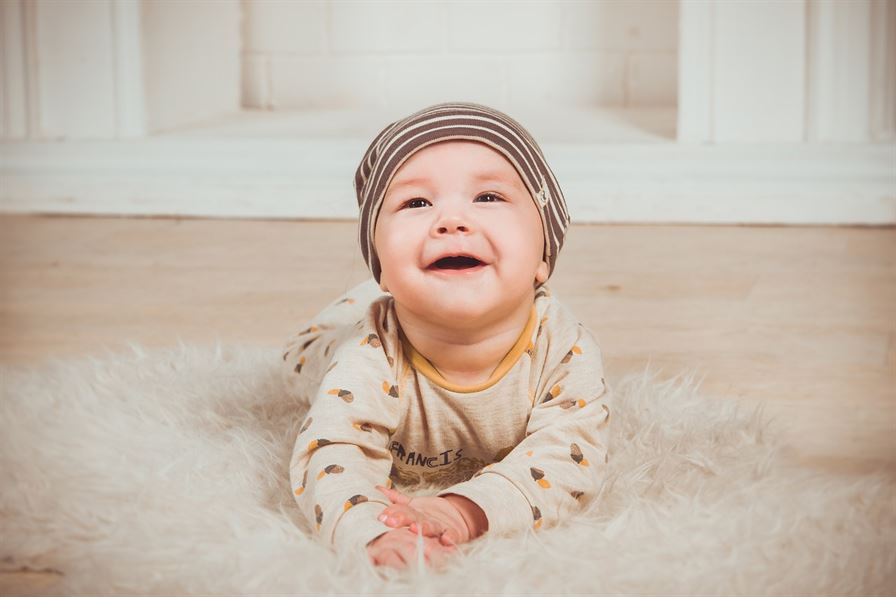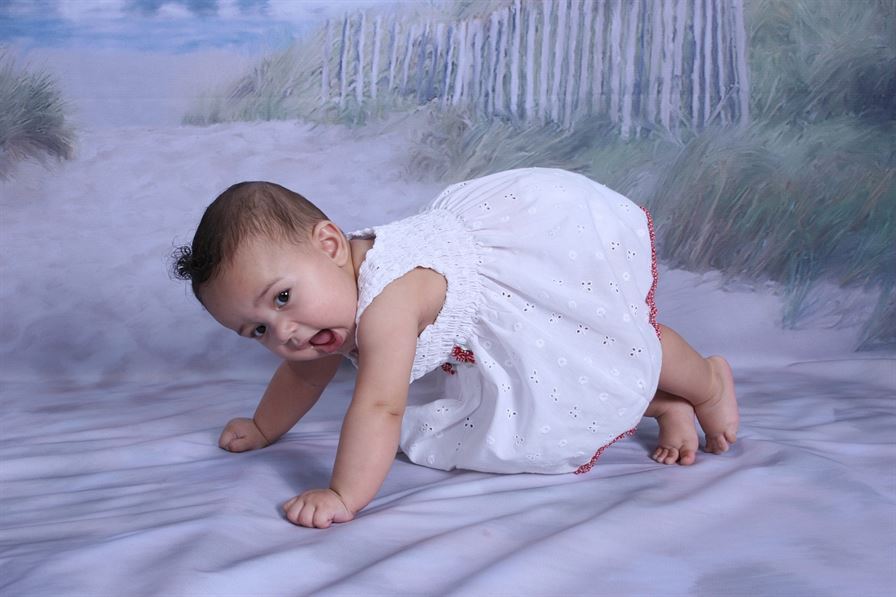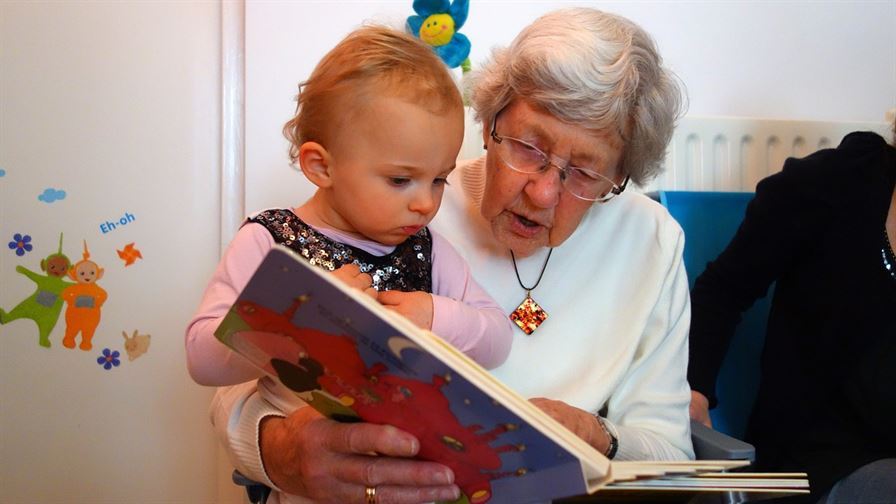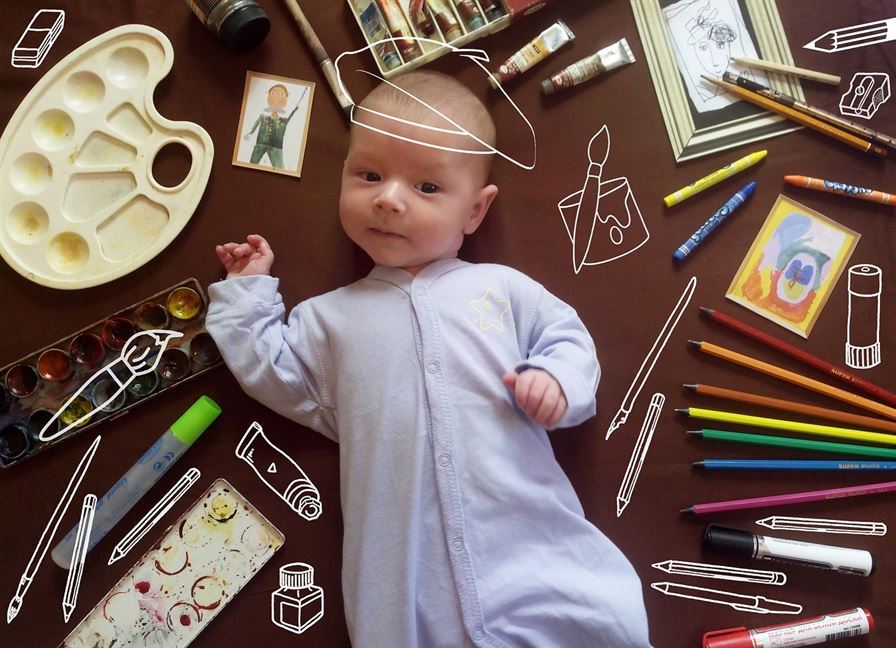As a parent, watching your baby grow and reach new milestones is one of the most exciting experiences. Understanding what to expect in terms of baby development can help you appreciate these moments and provide the best support for your child’s growth. In this article, we will explore the typical milestones of baby development and what you can do to support your child as they grow.

First Year of Life: Major Milestones
During the first year of life, babies undergo rapid physical, emotional, and cognitive development. Here are some of the key milestones to look for:
- Physical Development: In the first year, babies learn to control their head and neck, sit up, crawl, and eventually walk. You may also see your baby develop hand-eye coordination and fine motor skills as they begin to grasp and manipulate toys.
- Cognitive Development: In the first year, babies also develop their cognitive abilities, including memory, problem-solving, and attention span. You may see your baby begin to recognize familiar faces and objects, and show an interest in exploring their surroundings.
- Emotional Development: Emotional development is also a key aspect of baby development in the first year. Babies begin to develop a sense of trust and attachment to their primary caregivers, and display emotions such as joy, frustration, and fear.
- Language Development: During the first year, babies begin to make sounds and eventually develop the ability to understand and use language. You may hear your baby cooing and babbling, and later saying their first words.

Second Year of Life: Continuing Development
In the second year of life, babies continue to develop physically, emotionally, and cognitively. Here are some of the key milestones to look for:
- Physical Development: During the second year, babies refine their gross motor skills and develop fine motor skills, such as being able to stack blocks or turn pages in a book. They may also begin to walk and run with more confidence.
- Cognitive Development: In the second year, babies’ cognitive abilities continue to grow, including their ability to understand cause and effect and engage in imaginative play. They may also begin to show an interest in simple puzzles and games.
- Emotional Development: Emotional development also continues in the second year, as babies become more aware of their emotions and the emotions of others. They may display empathy and engage in cooperative play with other children.
- Language Development: Language development also continues in the second year, with babies increasing their vocabulary and understanding of language. They may begin to ask simple questions and understand basic instructions.

Supporting Your Baby’s Development
As a parent, there are many ways you can support your baby’s development. Here are some tips to help you along the way:
- Encourage Play: Play is an important part of baby development, helping to improve physical and cognitive skills. Encourage your baby to play with a variety of toys, such as blocks, balls, and dolls.
- Read to Your Baby: Reading to your baby from an early age can help to foster language and cognitive development. Choose age-appropriate books and make reading time a special part of your day.
- Provide a Safe Environment: Creating a safe environment for your baby to explore and play in is an important aspect of supporting their development. Make sure that your home is free of hazardous objects, and provide plenty of space for your baby to move and play.
- Respond to Your Baby: Responding to your baby’s needs, emotions, and cues is an important aspect of building a strong bond and fostering healthy development.





